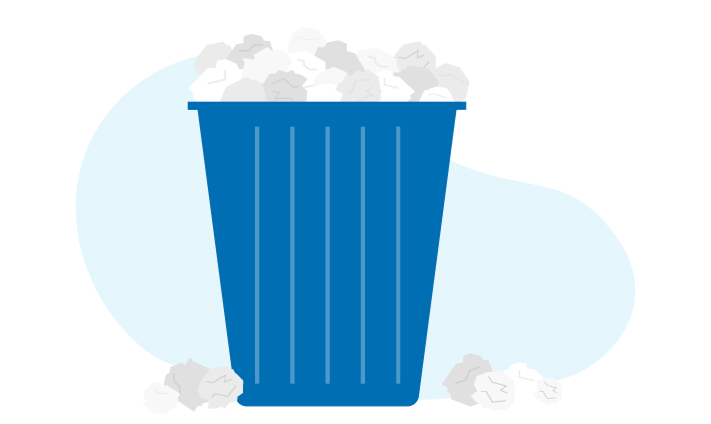Your insurance policy is an agreement that transfers risk from you to your insurer. When you apply for coverage, your insurance company calculates your premiums and coverage terms based on the information you supply. When your situation changes, it can affect or even cancel your coverage if the risk hasn’t been reassessed.
The finer points of protecting your coverage
A material change is defined as “a substantial and continuing change to your situation that affects and increases the risk involved to insure your property.” For example, setting up a permanent home day care operation is considered a material change, but babysitting a neighbour’s child for a week is not. Other examples of material changes include:
- Starting a new farming activity
- Renovating or building additions to your home or other buildings
- Switching your main source of heating
- Adding solar panels
- Renting space to another party or adding a second family
- Allowing a newly licensed driver to operate your vehicle
- Using your vehicle for a different purpose, such as delivering parcels or driving to work or school when previously you did not
- Altering your vehicle for performance or appearance reasons
How to maintain your coverage
When it comes to insurance and protecting what’s important to you, accuracy and honesty really is the best policy.
- Take the time to answer each question on your insurance application accurately. If some questions seem like they don’t apply to your situation, add an explanation or write “not applicable” rather than leaving a blank space.
- If your circumstances change, let us know. Your Financial Advisor is there for you, so call if you think you’ve made a change that could impact your coverage. It may not seem like important information now, but you’ll want to make sure your coverage is in place in case you ever have to make a claim.
We’re here to help. If you have any questions about your insurance coverage, connect with us today.





 Home
Home
 Auto
Auto
 Life
Life
 Recreation
Recreation

